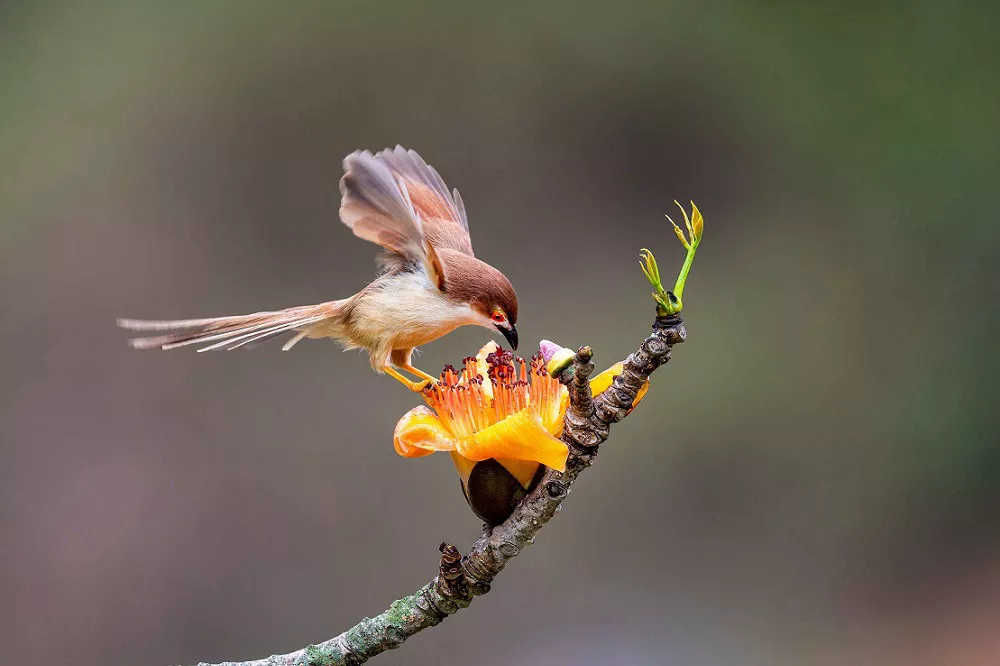Finches are a popular bird species that come in many different varieties, each with its unique characteristics and dietary requirements. Understanding what your finch should eat is crucial to keeping it healthy and happy.
In this article, we will explore the different types of finches, their food preferences, and how to provide a well-balanced diet that meets their nutritional needs.
Types of Finches
There are many different types of finches, but some of the most common include the American Goldfinch, House Finch, Purple Finch, and the Zebra Finch.
The American Goldfinch, as the name suggests, is native to North America and is known for its bright yellow plumage during breeding season. The House Finch, also native to North America, has a distinctive red head and breast. The Purple Finch is another North American species known for its reddish-purple coloring. The Zebra Finch, on the other hand, is native to Australia and is named for its black and white striped feathers.
Food Preferences
Different finch species have different food preferences, and it’s important to understand what your specific finch requires to maintain optimal health.
Seeds: All finches love seeds, and they should make up the bulk of their diet. Different species prefer different types of seeds, so it’s important to offer a variety. Some popular seed choices include nyjer, sunflower, millet, and safflower seeds.
Fruits and Vegetables: While seeds are the mainstay of a finch’s diet, fruits and vegetables can also be included to provide additional nutrients. Some good options include apples, oranges, grapes, berries, kale, spinach, and broccoli. Make sure to cut these foods into small pieces for easy consumption.
Protein: In addition to seeds and produce, finches also require protein to thrive. Live insects such as mealworms, crickets, and waxworms are a popular choice. You can also offer boiled eggs or cooked chicken for added protein.
Calcium: Finches need calcium to maintain strong bones and eggshells. Cuttlebone is a popular source of calcium for pet birds and should be available at all times.
Water: Clean, fresh water should always be available and changed daily.
Offering a Balanced Diet
To ensure your finch is getting the proper nutrients, it’s important to provide a well-balanced diet that includes a variety of seeds, fruits and vegetables, protein, and calcium.
A seed mix specifically formulated for finches is a good starting point. Look for a mix that contains a variety of seeds, but avoid those that contain fillers or high amounts of sunflower seeds, which can be high in fat.
In addition to offering seeds, you can also offer fresh fruits and vegetables daily. These should be cut into small pieces and offered in a separate dish from the seed mix. Protein can be offered several times a week in the form of live insects or cooked meat.
Finally, make sure your finch has access to a cuttlebone or other source of calcium. This will help keep their bones strong and healthy.
Conclusion
Finches require a varied diet that includes seeds, fruits and vegetables, protein, and calcium to remain healthy and happy. Offering a well-balanced diet and providing clean water daily is essential to ensuring your finch thrives. By understanding your finch’s dietary requirements, you can ensure they receive proper nutrition and lead a fulfilling life.


 Facebook
Facebook  Instagram
Instagram  Youtube
Youtube 